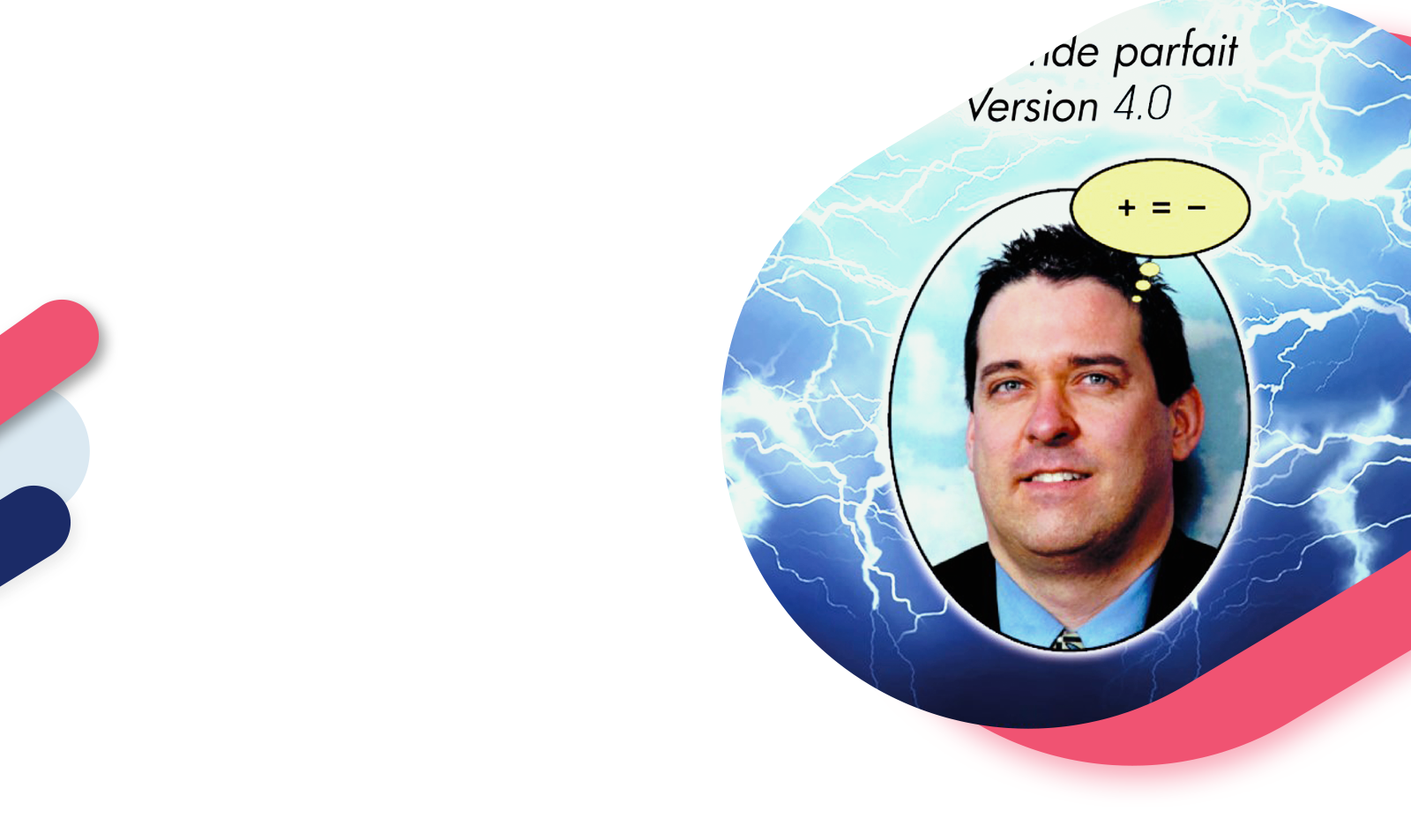As we continue to live life, we have come across many situations and conditions that have caused us psychological and medical disorders. The most common medical condition is Bipolar Disorder which is a serious mental disorder that causes mood swings ranging from strong highs (manic episodes) to lows (depressive episodes). People with bipolar illness come across prominent changes in their energy, thoughts, behavior, and sleep. During bipolar mood episodes, it is difficult to do daily duties, attend school and, the workplace, and maintain relationships.
Throughout a manic episode, an individual feels excessively energized, productive, and even resilient. In contrast, a depressive episode causes a person to feel profoundly unhappy, hopeless, and fatigued. This could cause them to avoid friends, family, and everyday interactions. A severe manic or depressed episode can cause psychotic symptoms including delusions (false perceptions) or hallucinations. These significant changes in conduct typically raise concern among friends and family. However, each individual’s encounter with bipolar condition is distinctive, and the indications and symptoms differ from one another.
Bipolar I Disorder: Bipolar I disorder can be defined by manic episodes lasting at least 7 days (which is practically every day for most of the day) or by manic symptoms that are severe enough to require emergency medical attention. Depressive episodes are also common, with most lasting at least two weeks.
Bipolar II Disorder: Bipolar II disorder is identified when a person has a frequent occurrence of depressed and hypomanic episodes, but not complete manic episodes like bipolar I disease. However, some Bipolar II patients may have longer-lasting and more severe episodes of depression.
Cyclothymia: Cyclothymia is signified by phases of hypomania and depression that are not consistent with the complete diagnostic criteria for bipolar or major depressive disorder. Furthermore, its symptoms emerge early in early life. as indicated by temperamental mood reactivity and dysregulation.
Bipolar disorder is a persistent condition that cannot go away on its own. While it may feel overwhelming initially, getting an early and correct diagnosis is the first move towards recovery. Adequate medical treatment, along with support and self-care, enables persons with bipolar illness to have happy and fulfilled lives.





